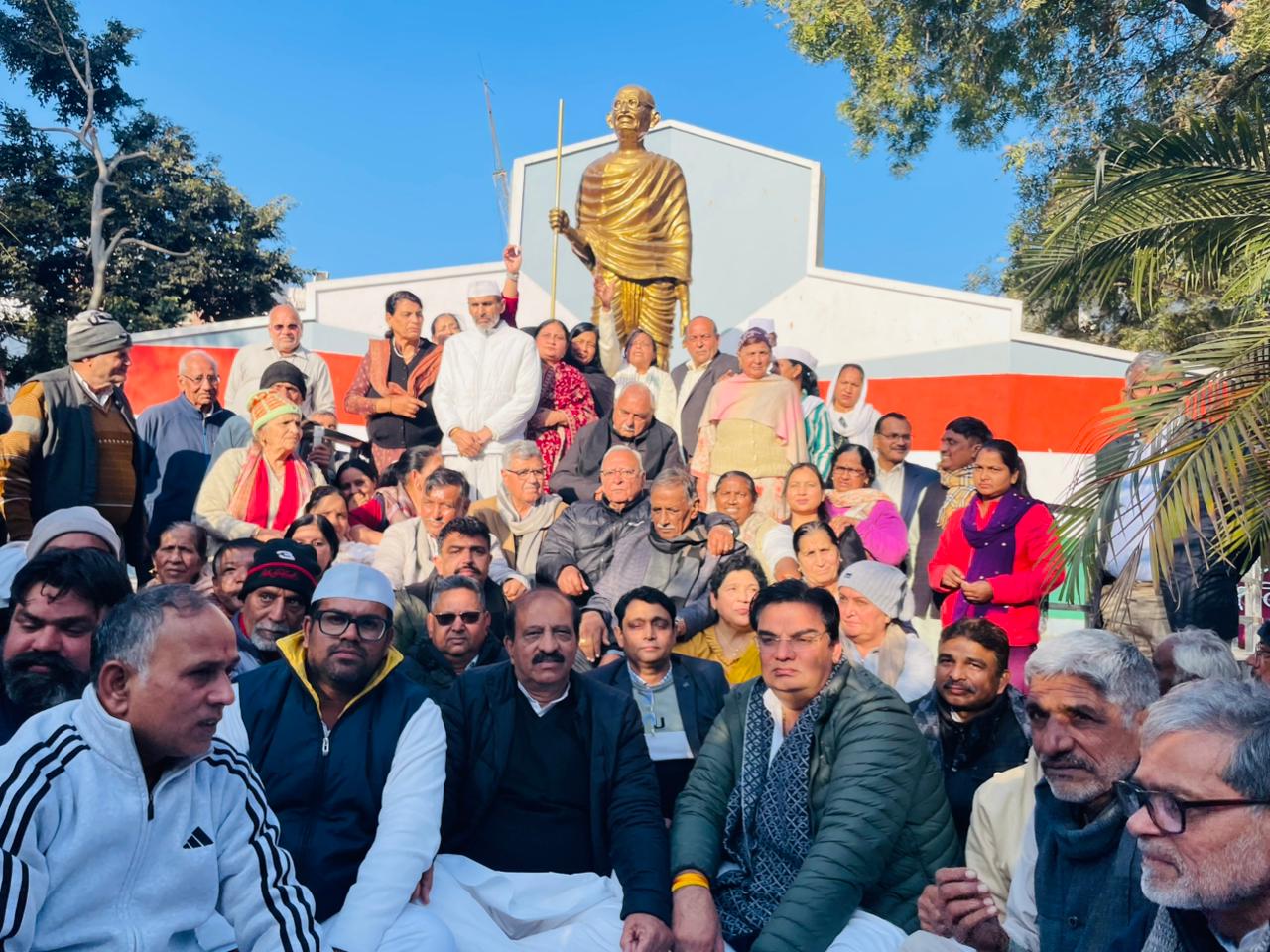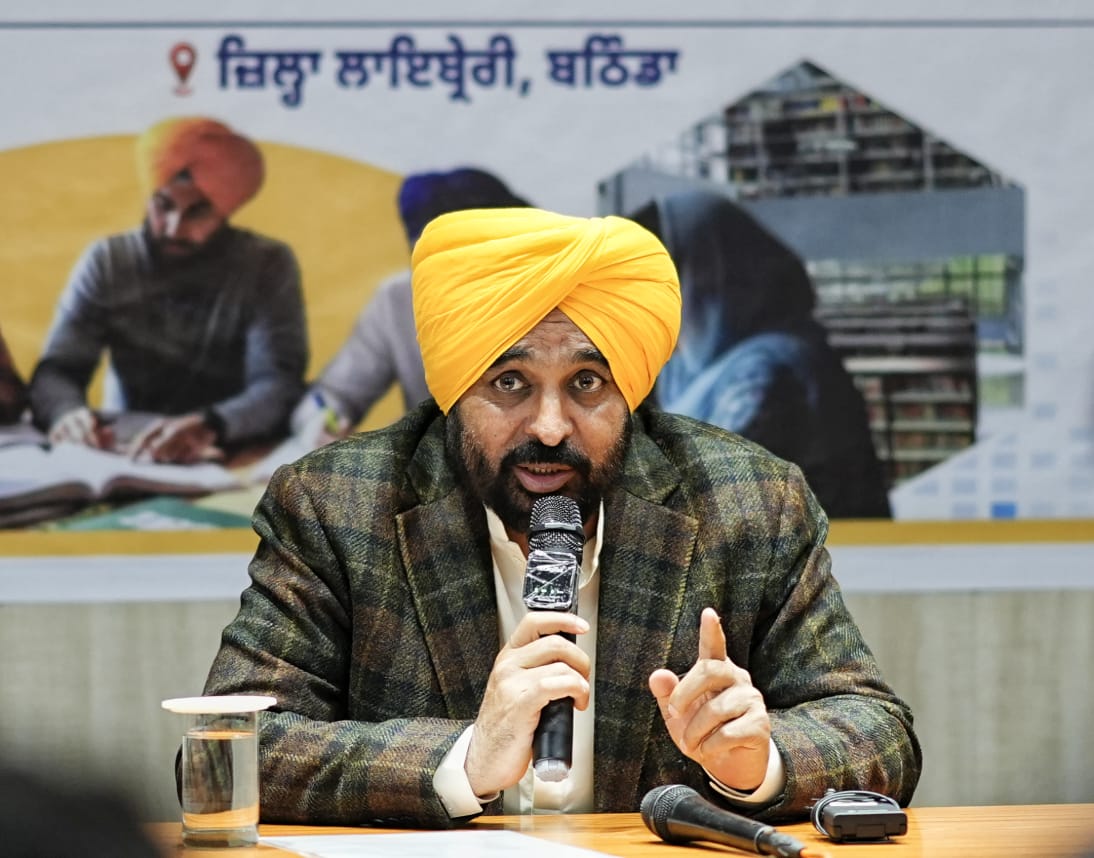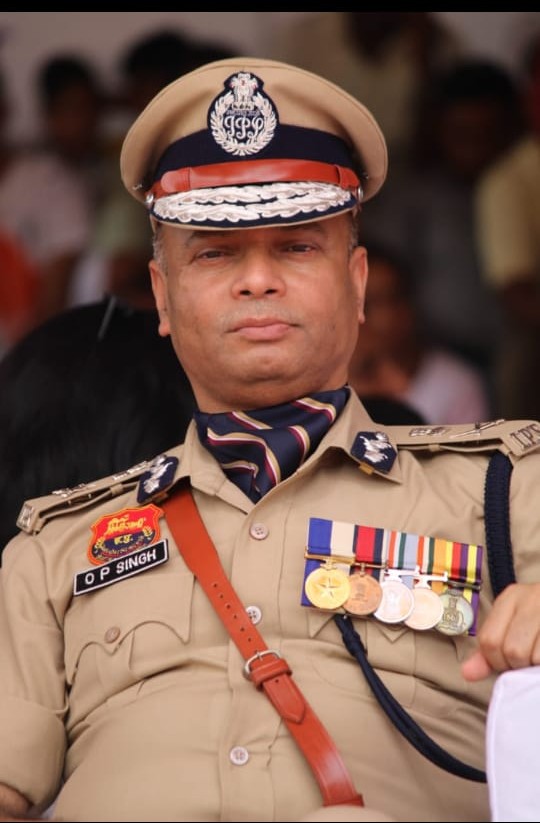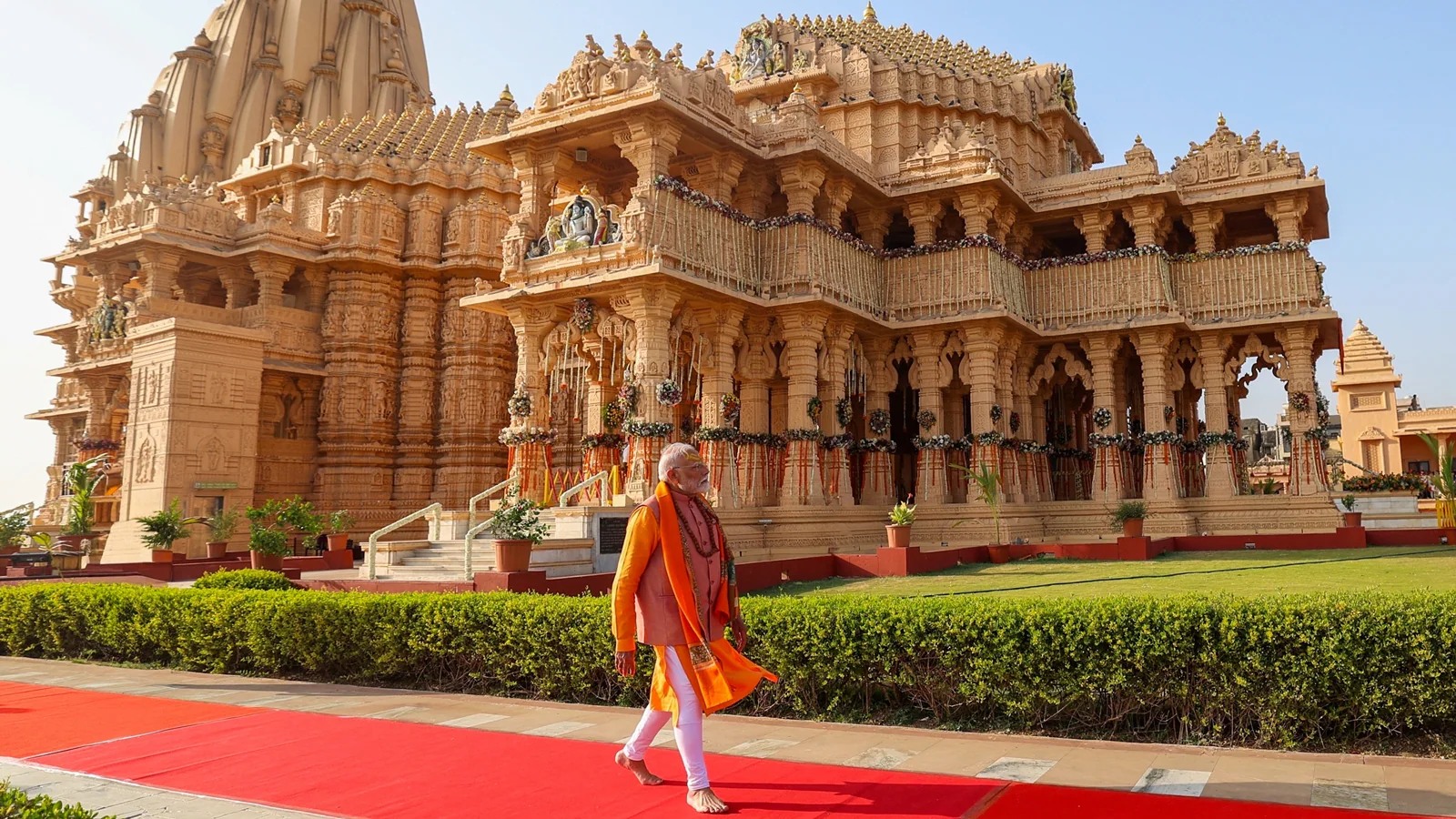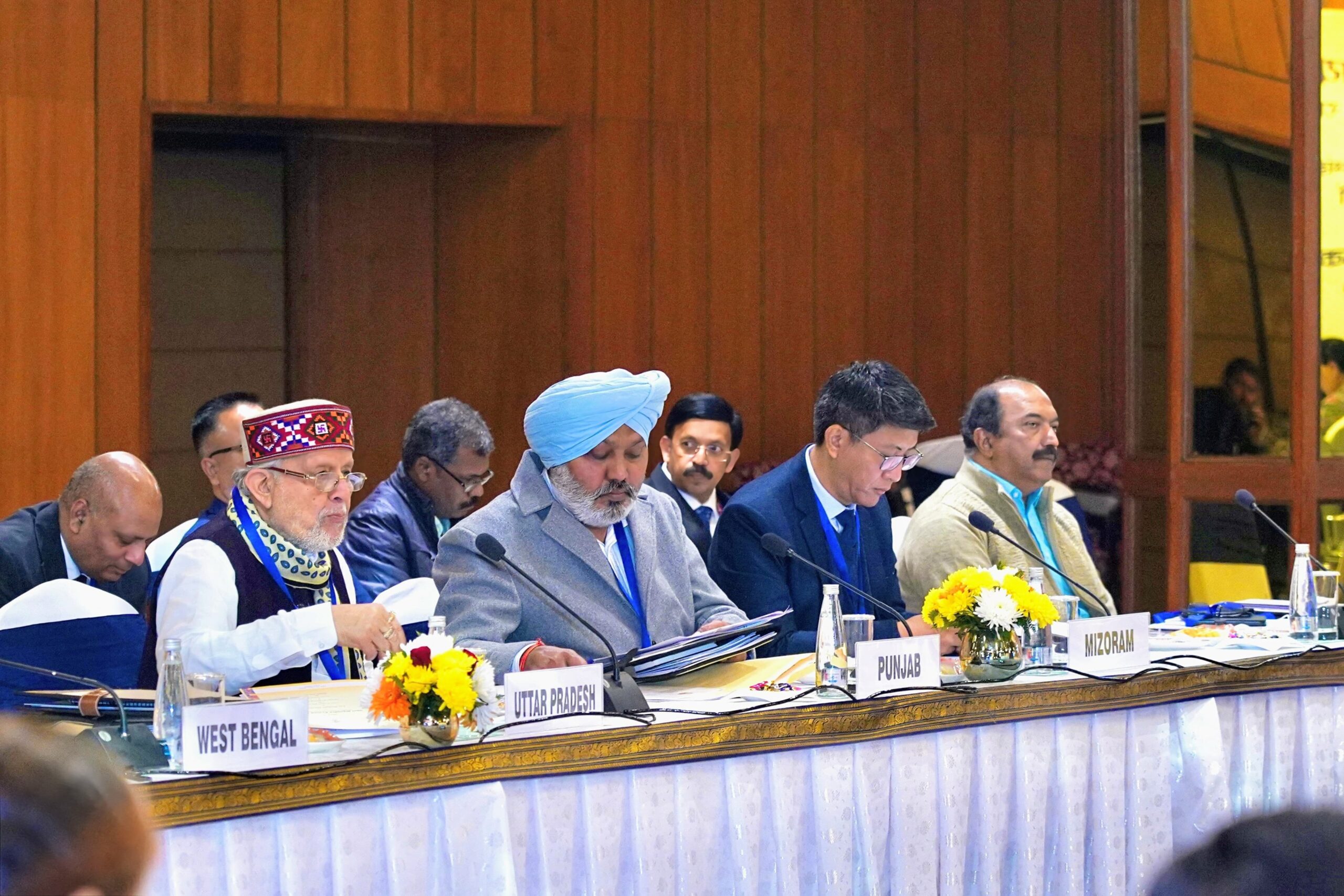Listen To This Post
Chandigarh: Haryana’s police stations are set for a major image makeover — complete with visitor lounges featuring works of Indian literary icons, refreshments for complainants, and student volunteers to guide citizens. The initiative is part of a larger effort to ‘humanise policing’ and rebuild public trust under the directions of the state’s newly appointed Director General of Police (DGP) O.P. Singh.
In his fourth official communication to officers across ranks — from SHOs to ADGs — DGP Singh has called for sweeping structural and behavioural reforms to make police stations more citizen-friendly. His message is clear: empathy, accountability, and dignity must define the way police interact with the public.
“Government offices exist because of the people”
Reminding officers that every police station is funded by taxpayers, Singh said public service is not just a duty but an art requiring soft skills, sensitivity, and effective management. He advised officers to shed symbols of hierarchy — from oversized desks to special chairs and towels on backrests — to foster a more approachable environment.
“Officials lacking people skills should not be posted in public-facing roles,” he cautioned.
Literary lounges and warm welcomes
Taking inspiration from hospitality practices, Singh has directed that dedicated visitor lounges be created in police stations, wherever space permits. These lounges will feature books by writers like Premchand, Dinkar, and Renu, offer refreshments, and have trained officers who can engage with visitors informally to understand their concerns.
To help citizens navigate police stations with ease, Singh suggested adopting signage systems modelled on Metro stations and involving school students — especially from DAV Police-Public Schools — as volunteers to greet and assist visitors. “This will not only make police stations more welcoming but also teach empathy and life skills to young students,” he said.
Active listening and timely action
Emphasising “better listening and faster response,” the DGP directed that complainants should be met in conference halls wherever available. Officers must maintain eye contact, avoid distractions such as mobile phones, and ensure that complainants are heard patiently and guided properly.
To strengthen accountability, Singh introduced a three-step response system mandating that every complaint must see action within a week:
-
Register an FIR if a criminal offence is established.
-
Log civil grievances on the Chief Minister’s CM Window through the police station’s system.
-
Record and warn in cases of false complaints, with repeat offenders facing legal action.
“No place for arrogance or neglect”
DGP Singh has warned that officers ignoring these directives will be summoned, counselled, retrained, and, if needed, reassigned to non-public roles. “There’s no sense in asking a carpenter to cook,” he remarked, stressing that “policing is both a force and a service — citizens seek connection, not confrontation.”
Using a vivid analogy, Singh concluded, “Police officers are like electric wires — they carry power but must give light, not shocks. And if a shock is ever needed, it should be for those who exploit and harm others.”





